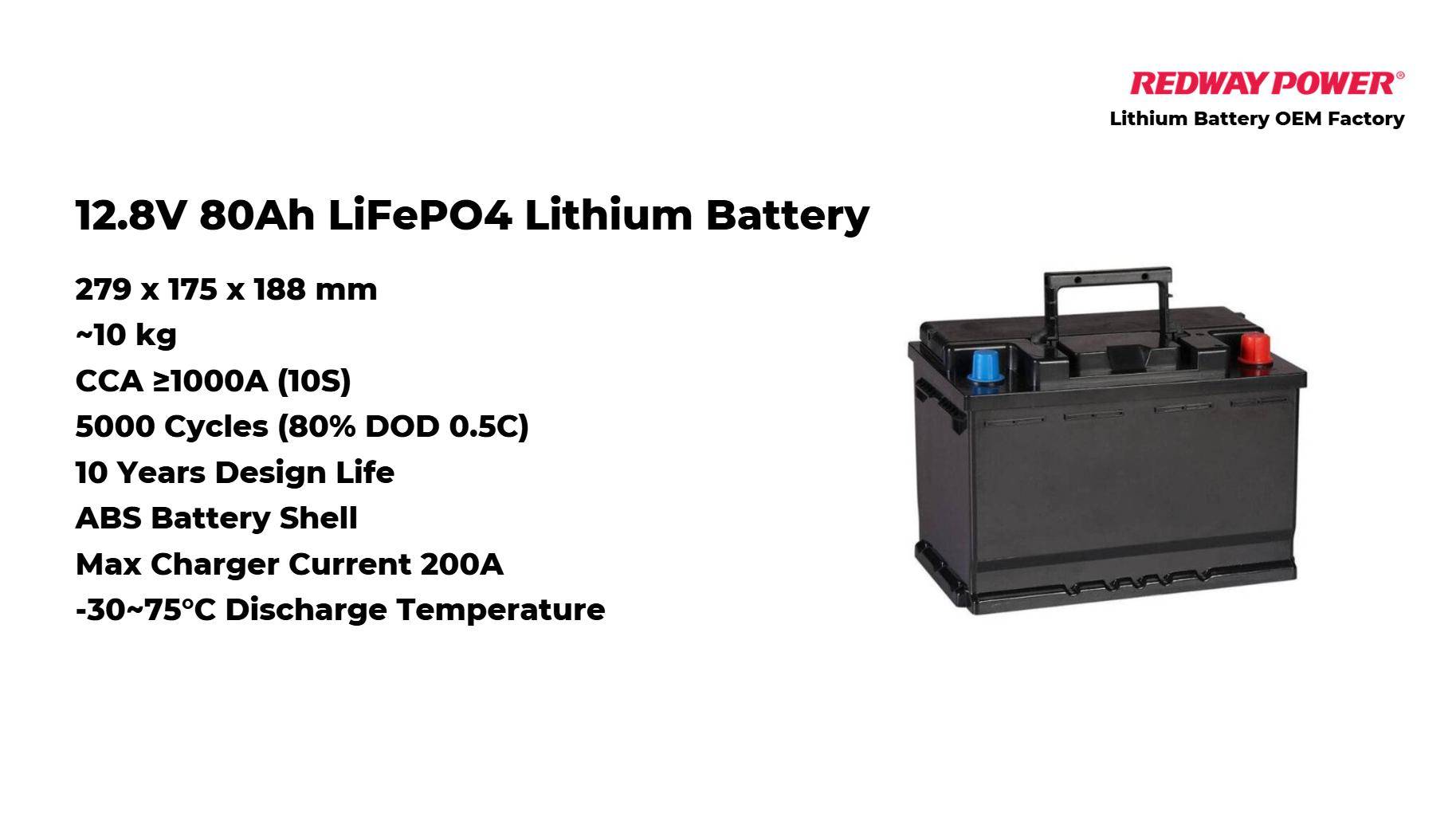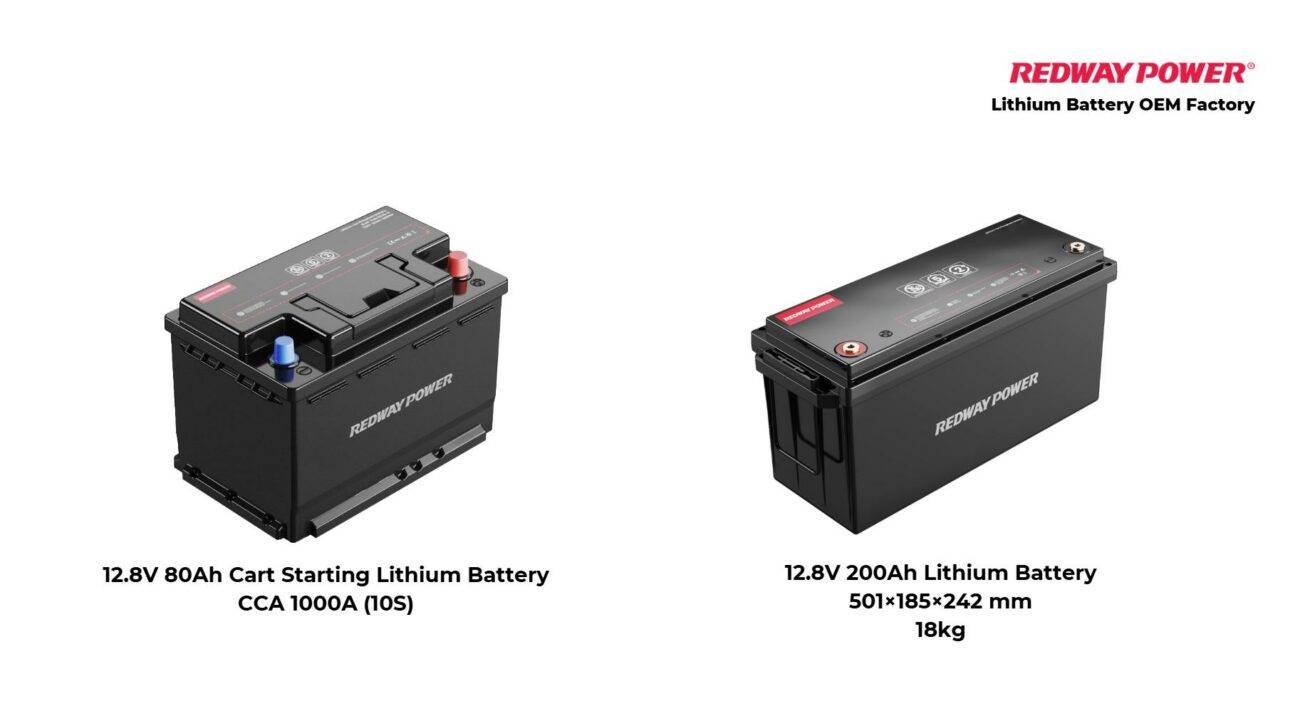
Blog
What Are the Environmental Benefits of Using a 12V Lithium Battery?

Using a 12V lithium battery offers several significant environmental benefits compared to traditional lead-acid batteries. Understanding these advantages can help consumers make informed choices that support sustainability.
Environmental Benefits of 12V Lithium Batteries
1. Reduced Toxicity
No Harmful Materials: Unlike lead-acid batteries, which contain toxic lead and sulfuric acid, lithium batteries do not use harmful substances. This reduction in hazardous materials significantly lowers the risk of environmental contamination during manufacturing, usage, and disposal.
2. Lower Carbon Footprint
Zero Emissions During Operation: Lithium batteries produce no emissions while in use, contributing to cleaner air quality compared to fossil fuel-powered alternatives. Their efficient energy storage capabilities mean less energy waste, further reducing overall carbon emissions associated with power generation.
3. Longer Lifespan
Extended Durability: Lithium batteries typically last 2 to 10 times longer than lead-acid batteries, which reduces the frequency of replacements. This longevity minimizes resource consumption and waste over time. A lithium battery can last up to 10 years with proper care, whereas lead-acid batteries often need replacement every 1-3 years.
4. Energy Efficiency
High Round-Trip Efficiency: Lithium batteries boast a higher round-trip efficiency, typically around 95%. This means more of the energy used for charging is retained for use, translating into less energy wasted during the charging and discharging processes.
5. Recyclability
Sustainable Disposal Options: Lithium batteries are recyclable, allowing for the recovery of valuable materials like lithium and iron. This reduces the need for new raw materials and minimizes waste in landfills. In contrast, lead-acid batteries often contribute significantly to hazardous waste due to their toxic components.
6. Resource Availability
Abundant Materials: The materials used in lithium iron phosphate (LiFePO4) batteries are more abundant and easier to source than those used in other lithium-ion chemistries, like cobalt, which are rare and often associated with environmental degradation from mining practices.
7. Enhanced Performance in Renewable Energy Systems
Integration with Green Technologies: Lithium batteries are ideal for pairing with renewable energy sources like solar power. They enhance the overall sustainability of energy systems by storing excess energy generated during peak production times for later use.
Conclusion
By choosing 12V lithium batteries, users not only benefit from improved performance and efficiency but also contribute positively to environmental sustainability. The advantages of reduced toxicity, lower emissions, and enhanced recyclability make lithium batteries a more eco-friendly choice for various applications, from recreational vehicles to renewable energy systems.




